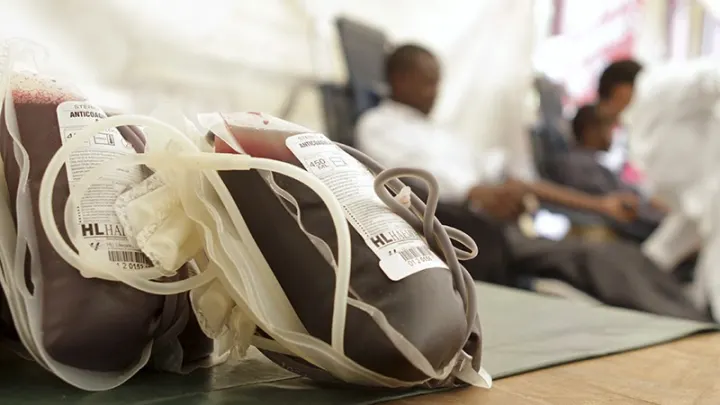The phrase ‘every drop counts’ applies not just to water, but to another aspect of human life as well – blood donation.
Blood is a critical component in the healthcare delivery system, especially for both planned and emergency medical conditions. Yet blood is not always available in a timely manner; the records always indicate the lack of blood in blood banks across Ghana.
That is why Ghana joins the rest of the world every year to celebrate World Blood Donor Day. It is observed on June 14 to express gratitude towards selfless voluntary blood donors and celebrate the essence of life and humanity.
This occasion serves as a significant platform to appreciate and acknowledge voluntary blood donors worldwide for their generous contribution of blood, while also emphasizing the importance of ensuring universal access to safe blood transfusion.
This year’s World Blood Donor Day is being commemorated under the theme: “Give blood, give plasma, share life, share often.” The theme highlights the importance of giving blood or blood plasma regularly to create a safe and sustainable supply of blood and blood products that can be always available, all over the world, so that all patients in need can receive timely life-saving treatment.
Here are some health benefits of donating blood;
- Improves Heart
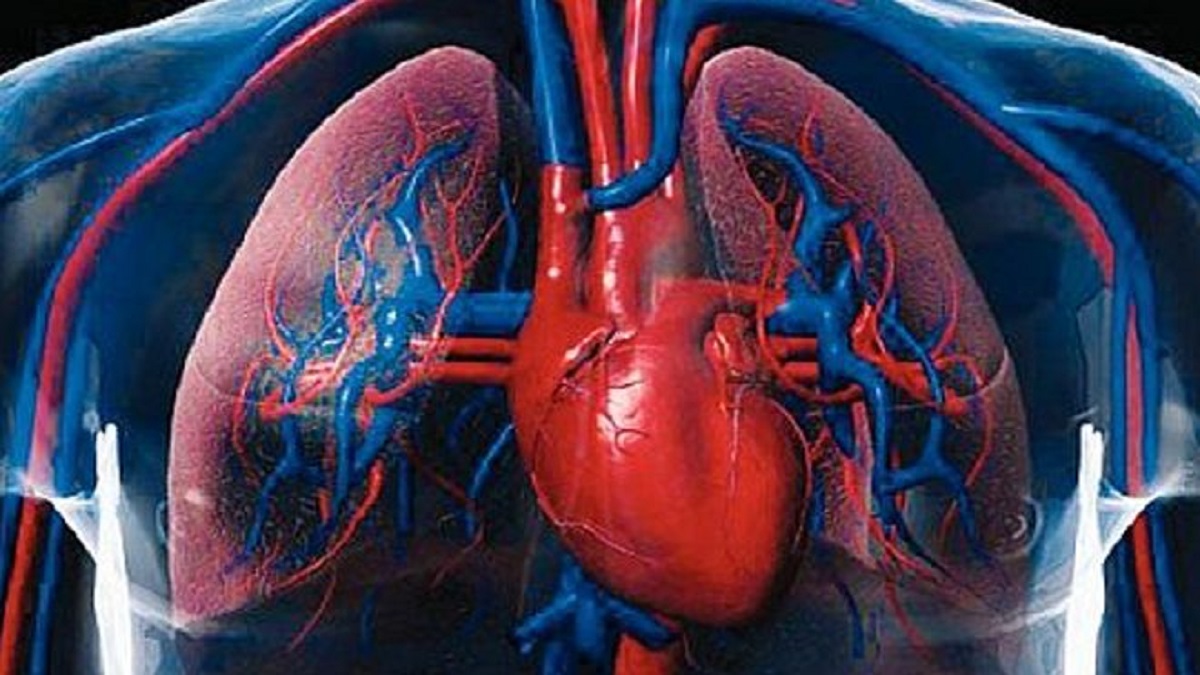
Blood donation helps maintain iron levels and reduces the risk of various health ailments. It improves your overall cardiovascular health. Intake of an iron-rich diet may increase the iron levels in the body and excess iron gets stored in the heart, liver, and pancreas and increases the risk of heart abnormalities like irregular heart rhythms.
Reduces Cancer Risk
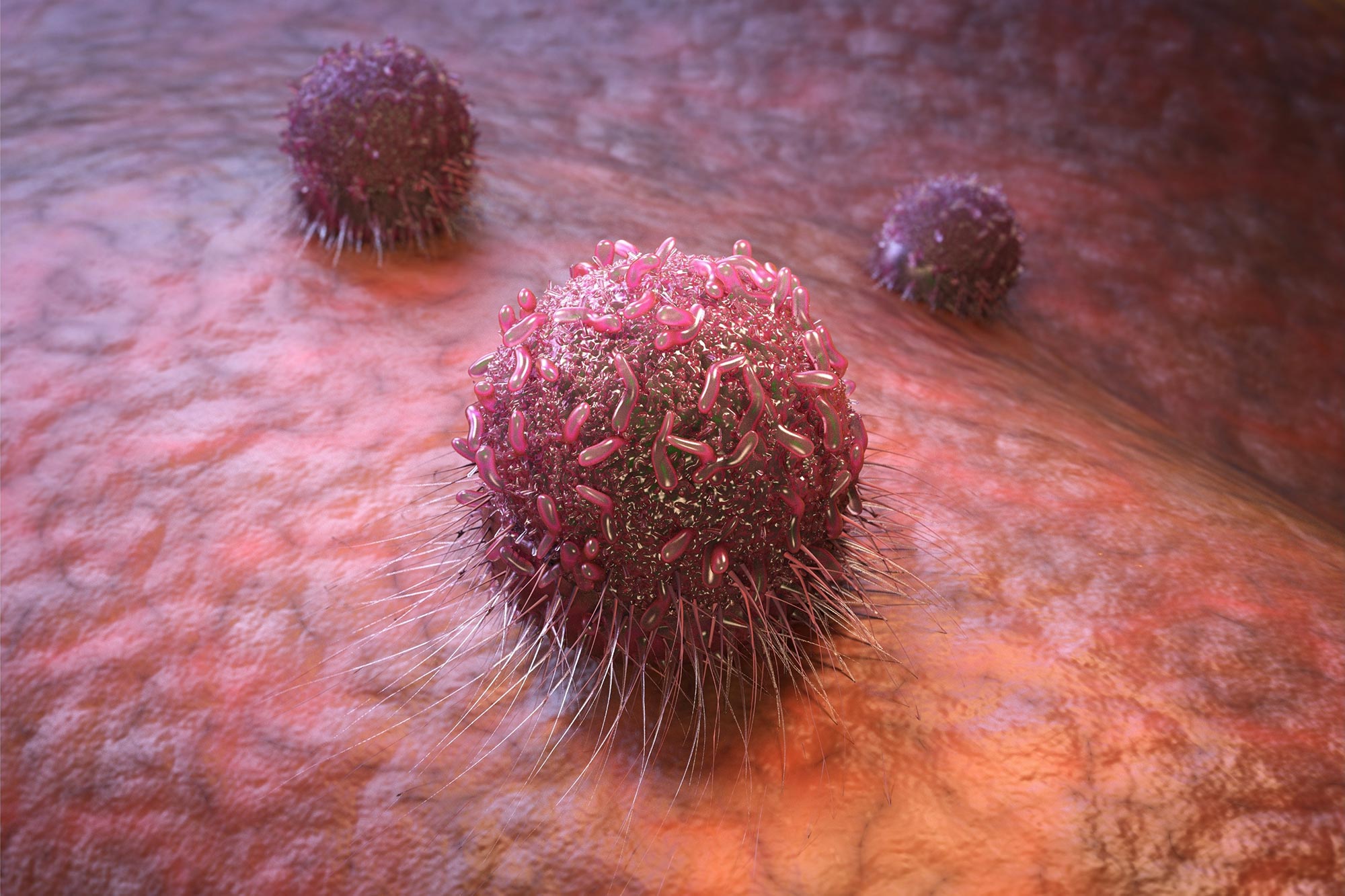
High levels of iron in the body are linked to an increased risk of cancer. Thus, by donating blood, you can maintain healthy iron levels, thereby lowering your risk of developing cancer. Consistent blood donation is associated with lowered risk of cancers, including liver, lung, colon, stomach, and throat cancers.
Weight Loss
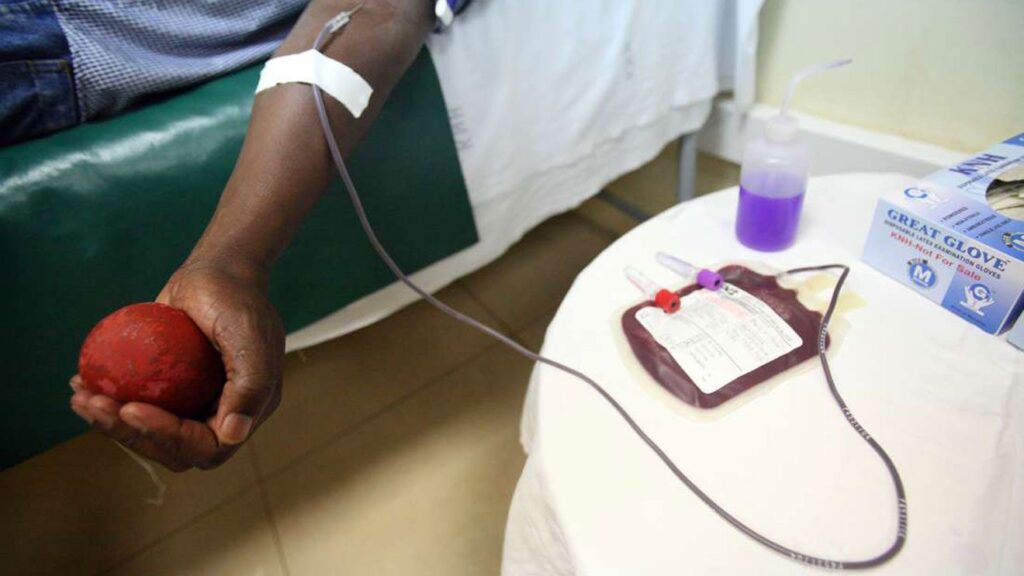
If you are trying hard to lose weight, donating blood can help you burn some calories. Donating 450 ml of blood burns 650 calories in the donor’s body. This is helpful for those who are obese and at a higher risk of cardiovascular diseases and other health disorders. However, consult your doctor to avoid any health issues.
Enhances Production of New Blood Cells
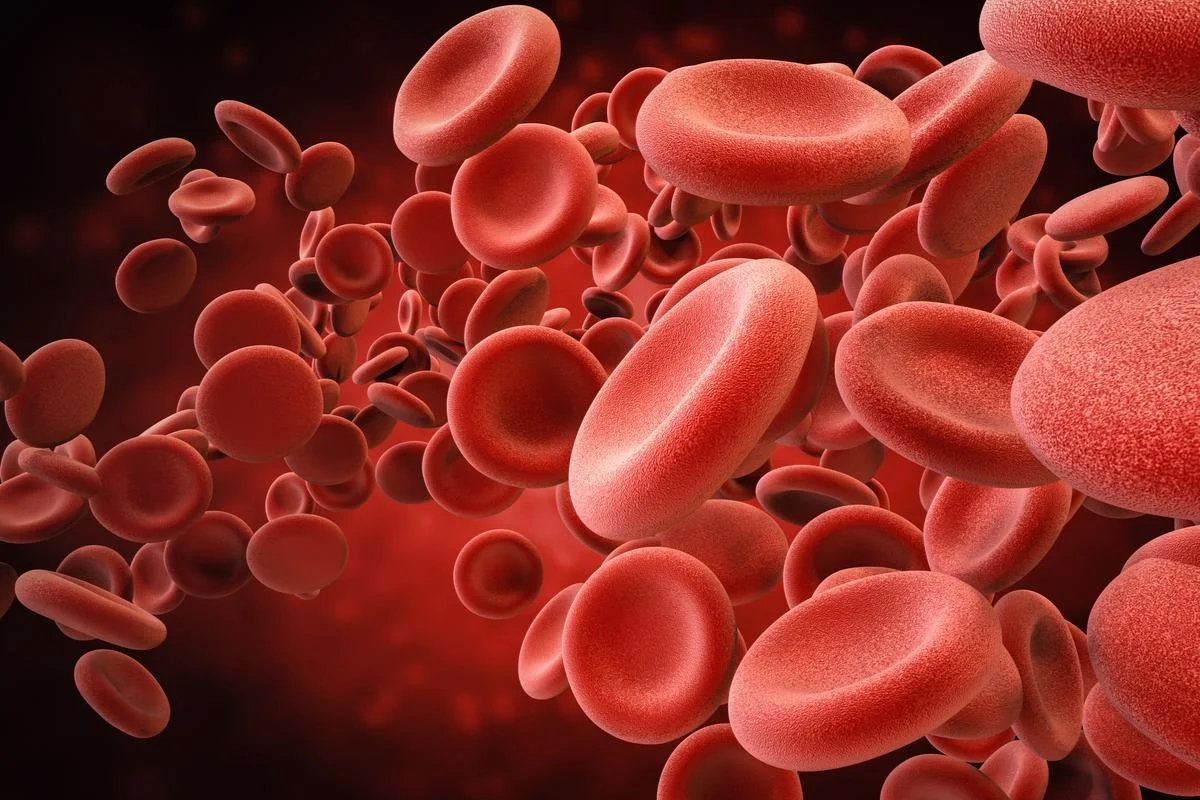
Immediately after blood donation, the donor’s body begins to replace the ‘donated’ blood. New cells are produced by the bone marrow within 48 hours of donation and all the red blood cells are completely replaced within one to two months. This process of replenishment can help your body stay healthy and work more efficiently.
Prevents Hemochromatosis
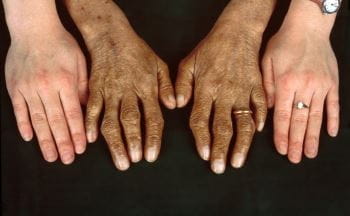
Hemochromatosis is an iron disorder in which the body simply loads too much iron. This action is genetic and the excess iron, if left untreated, can damage joints, and organs, and eventually be fatal. Regular blood donation may help avoid iron overload, hence it can be beneficial for people with hemochromatosis. However, it’s imperative to ensure that the donor with hemochromatosis meets the standard blood donation eligibility criteria.
Any healthy individual can donate blood. However, you should fulfill some basic requirements that are assessed after an initial screening process. The donor should be in the age group of 18-65 years.
An individual suffering from the following medical condition is not allowed to donate blood:
- Blood cancer
- Diabetes
- Coronary heart disease
- AIDS, Hepatitis B, or C
- Fever
Donate blood, save a life!



